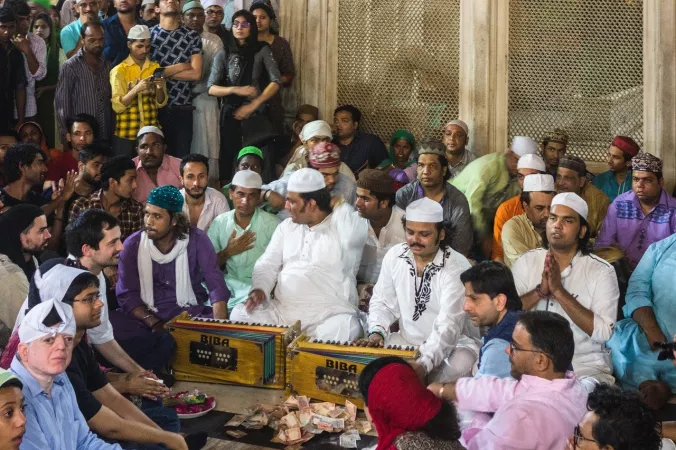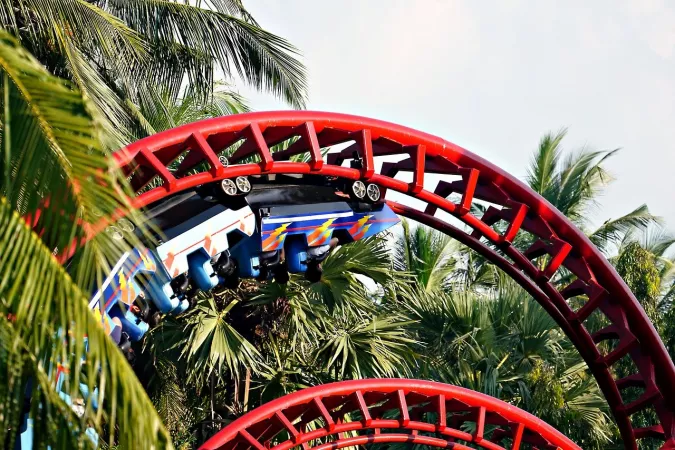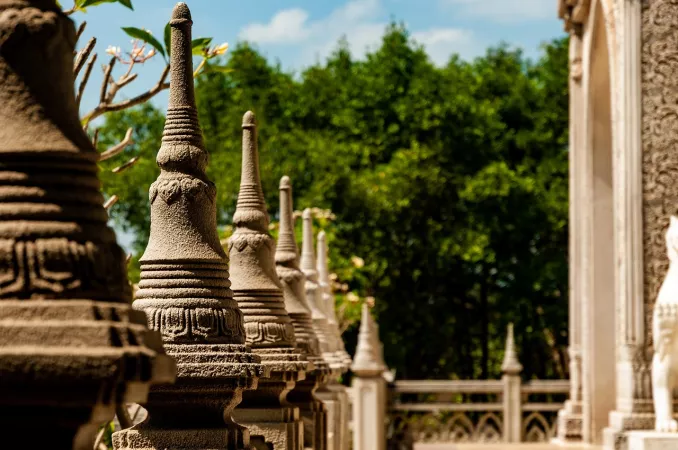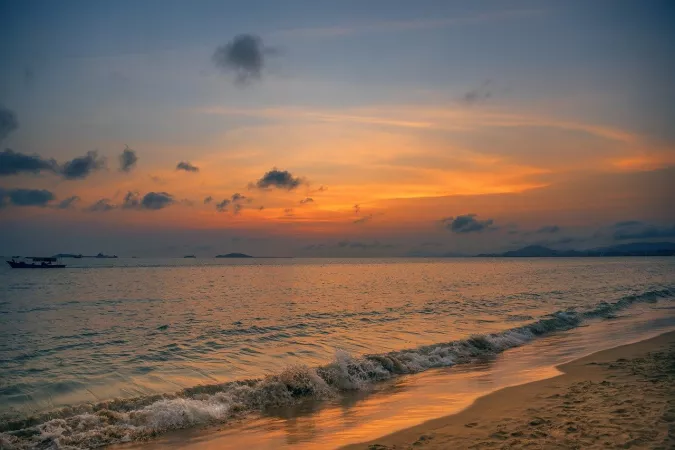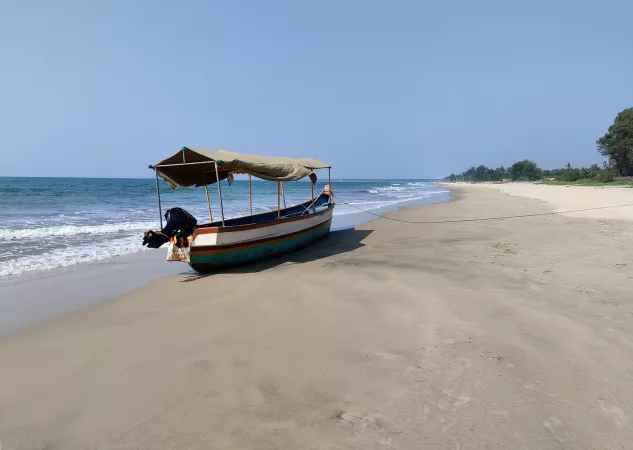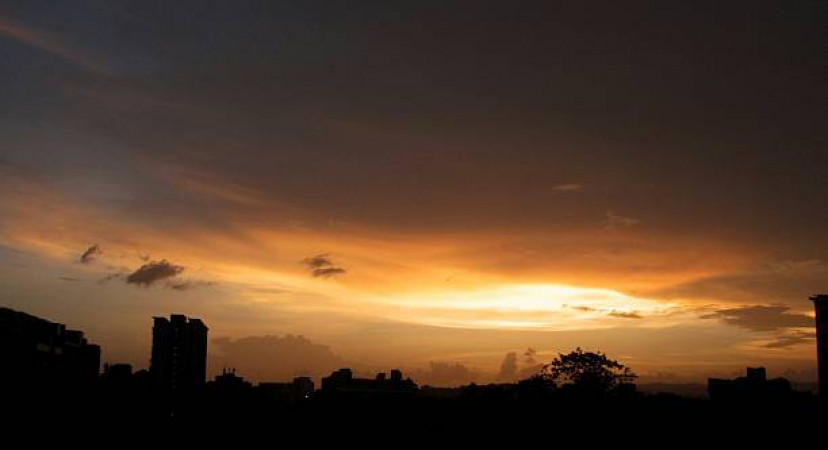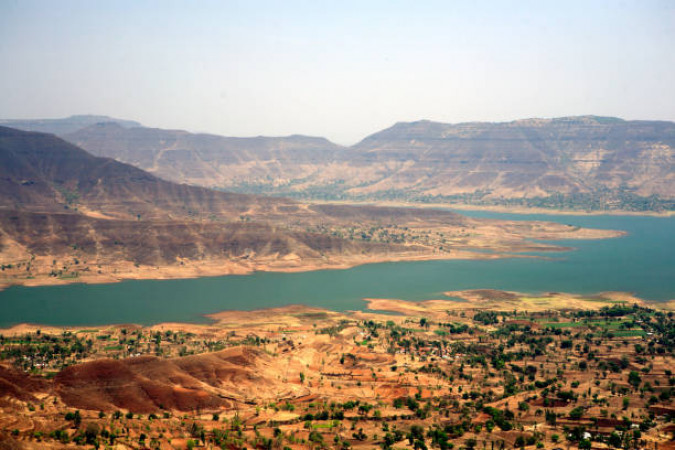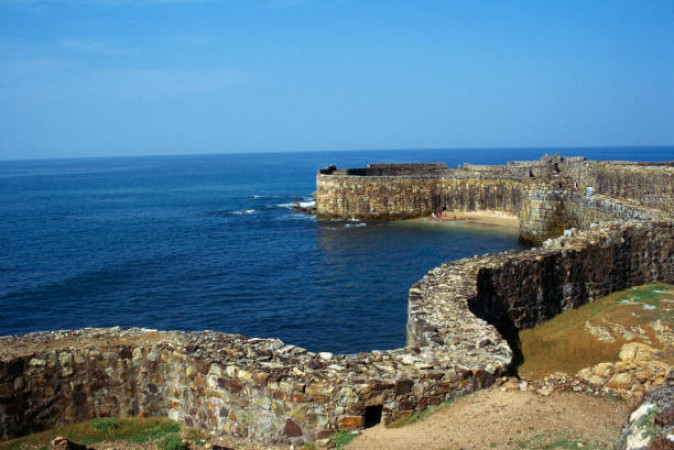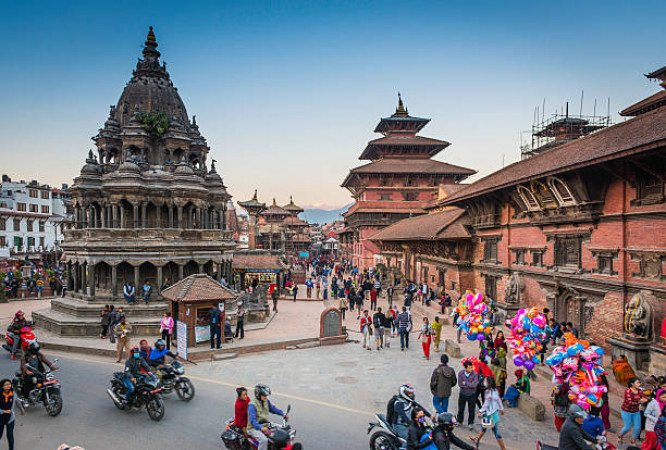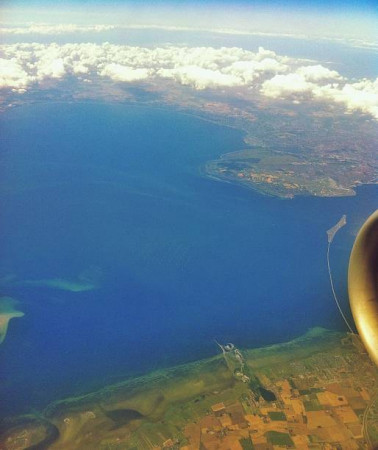
Manori
Package
1999 to 2999
1999 to 2999
Duration
1 to 2 Days
1 to 2 Days
Best time to visit
Oct-Feb
Oct-Feb
Theme
Beaches
Beaches
Manori Travel Guide
Manori is a serene coastal village located in the bustling city of Mumbai, India. Known for its pristine beaches and picturesque sunsets, Manori offers a perfect retreat from the city's chaos. The village has a rich historical significance, dating back to colonial times when it served as a popular trading port. Its geography boasts lush greenery, swaying palm trees, and a laid-back atmosphere that attracts both locals and tourists alike. Manori is famous for its tranquil beaches, vibrant nightlife, and delectable seafood cuisine.Top Attractions in Manori
1. Manori Beach 2. Global Vipassana Pagoda 3. EsselWorld 4. Gorai Beach 5. Marve BeachManori is Famous for
Its pristine beaches and vibrant nightlife.Top Attractions in Manori
- Manori Beach - Global Vipassana Pagoda - EsselWorld - Gorai Beach - Marve BeachWhat's Great about Travelling to Manori?
- Tranquil beaches perfect for relaxation - Vibrant nightlife for party enthusiasts - Scenic beauty ideal for nature loversWhat's Not So Great about Travelling to Manori?
- Limited public transportation options - Crowded during peak tourist seasons - Limited shopping and dining choicesTravel Tips for Manori
- Carry sufficient cash as ATMs may be limited - Stay hydrated and wear sunscreen during beach visits - Respect the local culture and customsImportant Manori trip information
- Ideal Duration: A weekend getaway
- Best Time to Visit: October to February for pleasant weather
- Nearby Airports and Railway Stations: Chhatrapati Shivaji International Airport in Mumbai; Malad Railway Station
Top 9 Places to visit in Manori
FAQ's on Manori
Q1: What is the best time to visit Manori?
The best time to visit Manori is during the winter months from November to February when the weather is pleasant and ideal for exploring the beaches and outdoor activities. Avoid the monsoon season from June to September due to heavy rainfall. Summer months from March to May can be hot, but still suitable for beach activities.
Q2: Do I need a visa to travel to Manori?
Tourists visiting Manori typically do not require a visa for short stays. However, it is advisable to check the specific visa requirements based on your nationality before traveling. Indian citizens do not need a visa to enter Manori.
Q3: What are the must-visit attractions in Manori?
Manori offers a range of attractions such as Manori Beach, Global Vipassana Pagoda, EsselWorld, Kanheri Caves, and Sanjay Gandhi National Park. Don't miss the stunning sunset views at the beach and the serene atmosphere of the pagoda.
Q4: Is Manori a safe place to travel?
Manori is generally a safe destination for travelers. However, like any other place, it is advisable to take precautions against petty theft and be aware of your surroundings. Avoid isolated areas at night and follow common safety practices.
Q5: What is the local currency in Manori and can I use credit cards?
The local currency in Manori is the Indian Rupee (INR). ATMs are readily available in the main tourist areas. While credit cards are accepted at some hotels and restaurants, it is advisable to carry cash for smaller establishments and local markets.
Q6: What is the local cuisine like in Manori?
Manori offers a variety of local cuisine with influences from Maharashtrian and coastal flavors. Enjoy seafood delicacies, street food like Vada Pav, and traditional dishes like Puran Poli. Vegetarian options are also widely available, catering to different dietary preferences.
Q7: What transportation options are available in Manori?
Transportation options in Manori include taxis, auto-rickshaws, and buses for local travel. Renting a bike or car is also a popular choice for exploring the area at your own pace. Ferries are available for island hopping to nearby attractions.
Q8: Are there any cultural norms or etiquette I should be aware of when visiting Manori?
When visiting Manori, it is important to respect local customs such as removing footwear before entering religious sites, dressing modestly, and greeting people with a polite "Namaste". Avoid public displays of affection and be mindful of local traditions during festivals and ceremonies.
Q9: I am a travel agent. How can I buy travel leads of Manori?
Register yourself as a travel agent at agents.tripclap.com and then you can buy travel leads to Manori once your account is approved. For more details contact our support team at +91-8069186564 or support@tripclap.com


